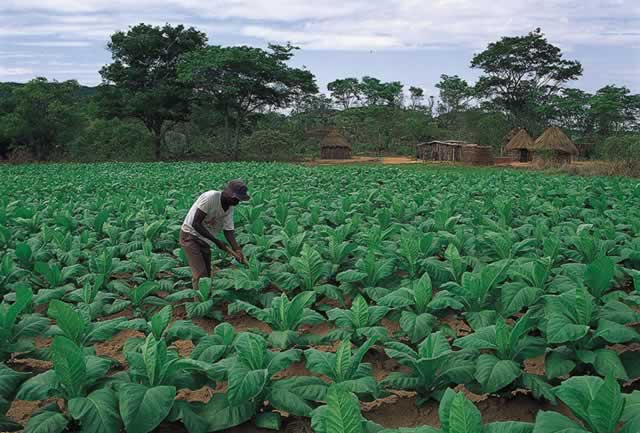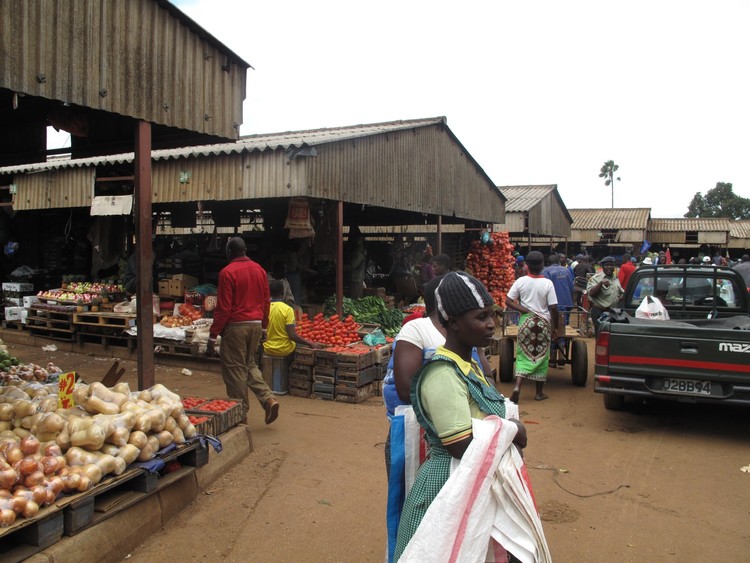The business of tobacco farming

 Buhle Nkomo —
Buhle Nkomo —
“When I decided to become a tobacco farmer, I quit my job and became a full time farmer,” said Linda Manyore (54) a tobacco farmer based in Karoi.
“My income was not adequate yet as a parent, I dreamt of sending my daughter to a very good university. I decided to quit my job and join my husband on the farm. I felt like there was more that could be done if we worked together on the farm.”
Manyore took a leap of faith when she quit her job, her only source of income to become a tobacco farmer without knowing what the future held for her. With the zeal to make strides and stand-out she left her comfort zone and joined her husband on the farm.
“My daughter is now pursuing a degree in Agriculture. I have four other children, two of them in boarding school. Realising the load, I was determined to work hard on the farm,” she said with a smile.
“Let me hasten to say growing tobacco is labour intensive and its undertakings necessitate vast expertise of farming techniques as it is a crop that needs to be monitored closely. From my experience as a tobacco grower, I realised that for one to be successful in tobacco farming they need to start with a few hectares and closely monitor their crops throughout the season.
“I receive advice on good agronomic practices from my husband who has vast experience as an agricultural extension officer. He is my mentor. He has a wide range of knowledge in tobacco, maize and generally horticulture.
“From my two tobacco hectares I always get 5 000 plus kilogramme of good quality tobacco. My highest price is usually around $5,30 per kg.”
Manyore also expressed that except for additional income from other farming ventures, tobacco farming has attracted sound infrastructure on their farm.
“I have managed to buy a 20 horse power grinding mill for maize and wheat to support our poultry project because I don’t want to outsource the feeds. I also bought a Wessex plough and also refurbished boreholes that were not functional,” she added.
Manyore is one of many female tobacco farmers who have been able to attain a stable source of livelihood from growing tobacco. Alice Chihumbwa (32) from Chidakwa farm in Karoi started tobacco farming in 2010 and has been able to fend for her family from the venture.
“I grow tobacco because it is a lucrative business one can rely on. Tobacco has empowered me as a woman. I invest my tobacco returns in my buying and selling business as a cross boarder trader,” said Chihumbwa.
“I urge women in my village to use their hands and invest in their future through farming.
“Tobacco farming has had a positive impact on my life. My children go to good schools, my standard of living has improved, and I have a small lorry and a family car. I can afford to spoil myself and loved ones. Soon I will be buying a tractor.
“I urge farmers to attend training programmes where they can share experiences and challenges,” said Chihumbwa.
The Tobacco Industry and Marketing Board (TIMB), the Tobacco Research Board (TRB) in conjunction with AGRITEX are offering training programmes at no costs for tobacco farmers on good agronomic practices in line with current farm operations and the tobacco calendar.
Farmers can also organise themselves into a group of 20 or more and then contact TIMB which will be glad to come and hold training sessions at not only no cost to the farmers but with training material and meals availed.
For additional information contact TIMB on telephone numbers 08677004624/6 or 0772145166/9 or 0279-22082/21982 or 025-3439 or 067-24268/29246 or 0277-2700 or 064-7280 or 0271-6772 or Toll Free Numbers 08006003 / 0731999999 / 0712832804 or E-mail: [email protected]








Comments